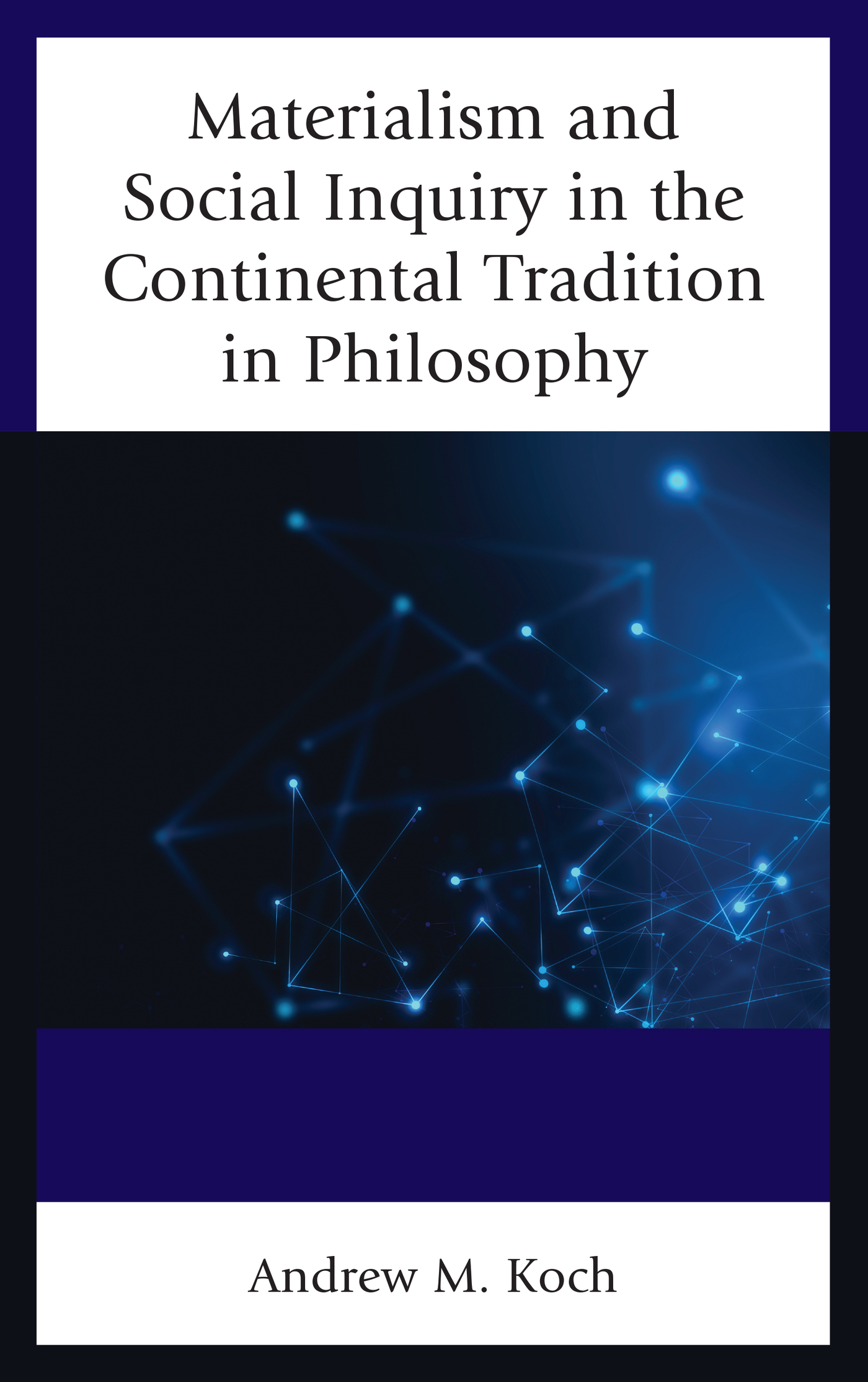Materialism and Social Inquiry in the Continental Tradition in Philosophy
Materialism and Social Inquiry in the Continental Tradition in Philosophy
Andrew M. Koch
LEXINGTON BOOKS
Lanham Boulder New York London
Published by Lexington Books
An imprint of The Rowman & Littlefield Publishing Group, Inc.
4501 Forbes Boulevard, Suite 200, Lanham, Maryland 20706
www.rowman.com
Unit A, Whitacre Mews, 26-34 Stannary Street, London SE11 4AB
Copyright 2017 by Lexington Books
All rights reserved. No part of this book may be reproduced in any form or by any electronic or mechanical means, including information storage and retrieval systems, without written permission from the publisher, except by a reviewer who may quote passages in a review.
British Library Cataloguing in Publication Information Available
Library of Congress Cataloging-in-Publication Data Available
ISBN 978-1-4985-5169-4 (cloth : alk. paper)
ISBN 978-1-4985-5170-0 (electronic)
 TM The paper used in this publication meets the minimum requirements of American National Standard for Information Sciences Permanence of Paper for Printed Library Materials, ANSI/NISO Z39.48-1992.
TM The paper used in this publication meets the minimum requirements of American National Standard for Information Sciences Permanence of Paper for Printed Library Materials, ANSI/NISO Z39.48-1992.
Printed in the United States of America
Introduction
The concept of materialism is as old as philosophy. In pre-Socratic Greece, elements of materialist philosophy can be found in the atomism of Democritus and Leucippus. A concern for the material and contextual elements of social practice can be found in the writings of the Sophists. Materialism, in its various forms, continues to interest scholars today.
After a thousand years of slumber during the Middle Ages, interest in philosophic materialism reemerged. Components of the atomism found in Democritus returns in the empiricism of Bacon, Hobbes, and Hume. Induction is asserted by Bacon as the means by which the sensations of external reality are turned into claims to knowledge about that reality. Thomas Hobbes asserts that our reality consists of objects in motion, whether animate or inanimate. David Hume argues that only our experiences of physical reality can provide the basis for a claim to knowledge. Sensation is treated by the empiricists as the means by which human beings connect to the material world.
However, there is another thread within the Western tradition in philosophy that questions the purely empirical approach to the issues of knowledge and perception. This is the continental tradition. If the empirical tradition could be characterized as focusing on sensation, the continental tradition could be said to focus on cognition. That is, the continental tradition is concerned with how a fact of sense data is transformed into a cognition, or operational understanding of the world for the organisms engaged in acting in the world.
This means that the continental tradition has been concerned with consciousness. Since Descartess statement, I think, therefore, I am, the continental tradition has explored the definition and content of consciousness. The problem is that consciousness is difficult to define. Is it the same as life? Is it simply the ideas that we have in our head at any given moment in time? Is it linked to some deeper meaning in either a spiritual or historical sense? Since consciousness is generally thought of as emanating from a realm of ideas, it is often addressed in juxtaposition to the consideration of the concrete material reality that is the basis of sensations.
These question have led some in the continental tradition to develop systems to understand consciousness that have a strongly metaphysical character. Georg Wilhelm Friedrich Hegel developed a system in which human consciousness is tied to the unfolding of universal reason. The process of history and the development of human consciousness proceed together as a spiritual development of the human mind as it uncovers the rationality in history through the exploration of its own consciousness. The objectivity of Hegels system is assured by both its metaphysical character and post hoc method of validation. The influence of spirit is beyond any direct perception, and the evidence of its rationality is demonstrated only in hindsight.
A slightly different, yet equally metaphysical, path is forged by Edmund Husserl. Husserls phenomenological method seeks to identify a science for the study of consciousness in which objective elements of consciousness can be identified within the lived experience of individuals. For Husserl, metaphysics is at the core of the phenomenological method as it provides that domain in which things in themselves can be understood by consciousness.
As a result, there is a distinction between the knowledge that is generated by observation and that which is attained by the phenomenological methods. Empiricism legitimates its claims to knowledge through a path that requires repeatability, falsifiability, and observation. But this empirical methodology, according to Husserl, ignores the critical role of life as a precondition for the creation of understanding about the world. Only a living being can have a cognition.
In his criticism of empiricism, Edmund Husserl asserts that the problem with the empirical approach is that it naturalizes consciousness. What Husserl means by this is that consciousness is treated as a function of the body and its sensations rather than as a transcendental condition of existence. For Husserl, the objects of contemplation can only be understood as manifesting themselves transcendentally within our consciousness. The desk on which I am writing is not literally in my head as I contemplate it. My thought of the desk is, therefore, manifested transcendentally. Thought, ego, intention, and consciousness are elements of life and constitute a precondition to the experience of sensation establishing a basis for Husserls transcendental idealism.
Numerous criticisms can be made of the phenomenological approach. The subjective and internal nature of phenomenological assertions make it difficult for Husserl and his followers to claim the science of their endeavor, even though they assert such a position. Thoughts exist in a reality that is disconnected from the world of experience, history, and culture. The assertions made regarding the character of life and the nature of our phenomenological quest requires a construction of the subject that itself will have historical and cultural roots. There is simply no objective platform from which to make the kinds of assertions that Husserl needs in order to objectify his methods.
These problems occupy much to the efforts of twentieth-century followers of phenomenology as they try to confront these issues. Heidegger, Sartre, Merleau-Ponty, and others try to identify the means by which history and culture have influenced our thoughts and ideas, but they have not fully abandoned the notion of transcendental subjectivity. The work of Michel Henry in Material Phenomenology tries to confront this problem by creating a dualism within phenomenology to account for both life and the effects of society. However, even Henry is still struggling with the transcendental character of phenomenology more generally.
This work will focus on another path within the continental tradition. I will argue that one can trace the emergence of a material understanding of consciousness, specifically the content of consciousness, in some of the works going back into the eighteenth century. Focusing on Kant, Marx, Nietzsche, Weber, and the poststructuralists, it will be argued that this group of philosophers abandoned the pursuit of defining
Next page
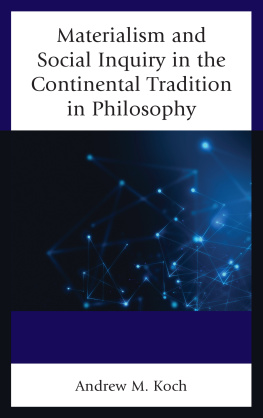

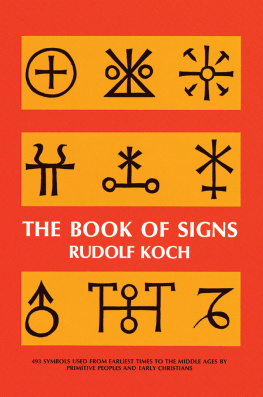

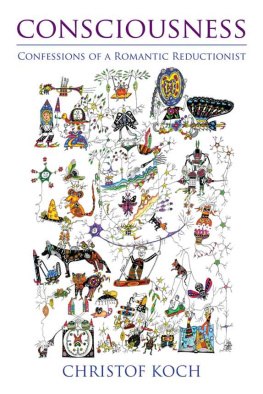

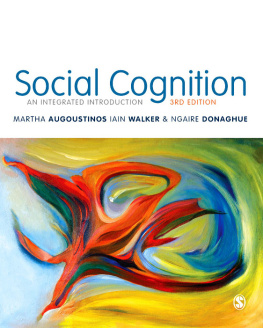
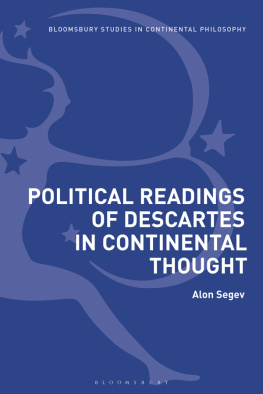
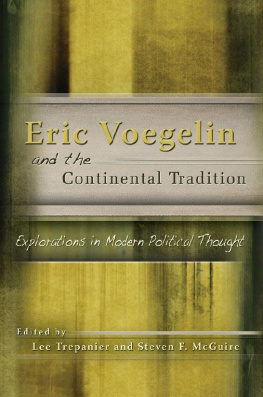
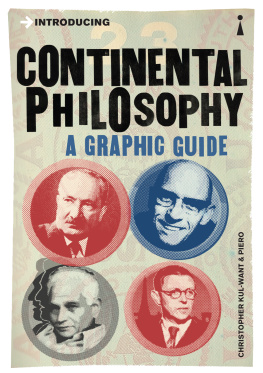
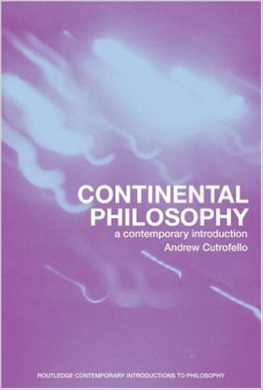

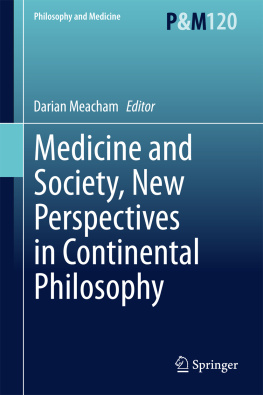

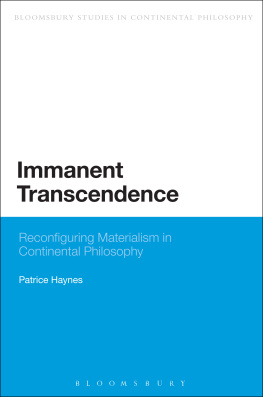
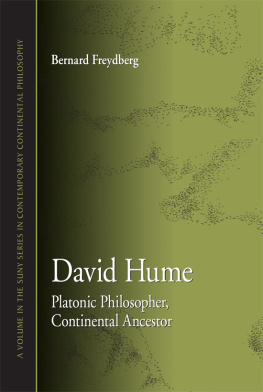
 TM The paper used in this publication meets the minimum requirements of American National Standard for Information Sciences Permanence of Paper for Printed Library Materials, ANSI/NISO Z39.48-1992.
TM The paper used in this publication meets the minimum requirements of American National Standard for Information Sciences Permanence of Paper for Printed Library Materials, ANSI/NISO Z39.48-1992.